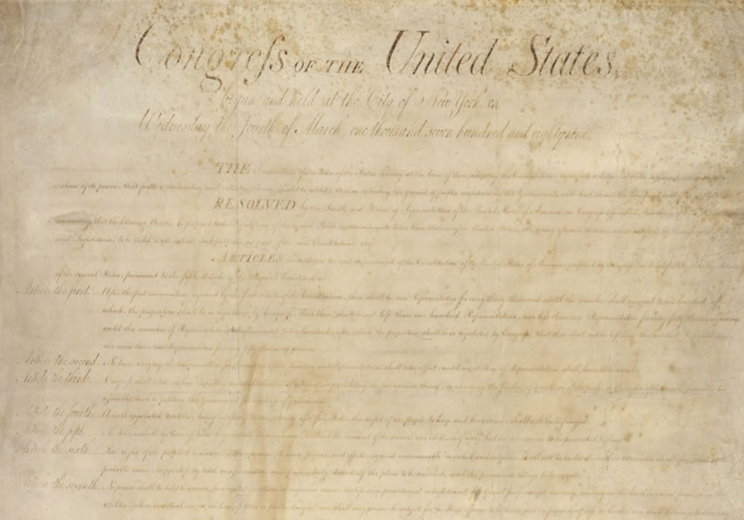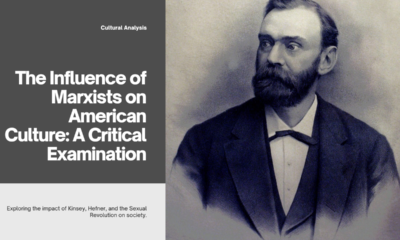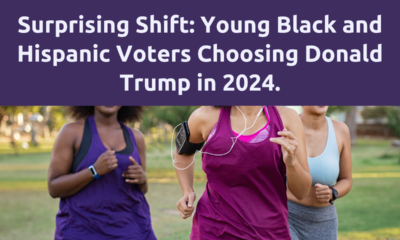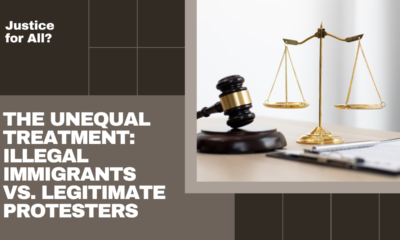Constitution
An Article V Convention

As our nation ages and grows, many groups and individuals feel they need changes to various provisions of the United States Constitution. Some would like small changes, while others want large and sweeping reforms. The framers, when drafting the Constitution, envisioned that there would be amendments, and provided for this to be done either through a proposal initiated by the Congress or through a process that would go through the state legislatures.
Provision for an Article V Convention
This amendment path that bypasses the Congress is set forth in Article V of the Constitution, to wit:
The Congress … on the application of the legislatures of two thirds of the several states, shall call for a convention for proposing amendments…
Those frustrated by the slow pace of the amendment method often daydream about a so-called “Article V Convention.” The primary objection that arises immediately is the potential for a “run-away convention” – that veers far askew of the original reason it was called.
Currently, four potential topic areas are being advanced as the basis for an Article V convention. I will summarize them briefly and look at their respective scopes and likelihood of becoming a “run-away” convention.
Balanced Budget Amendment
Scope: Wide – Potential of Run-Away: High
This measure would limit federal spending to the amount of revenue in any given year. Such an amendment would also include provisions for emergency workarounds by congressional super-majorities. It seeks to address the various issues of unanticipated needs of spending as well as revenue shifts from those projected at the time the budget is passed. Proposed workarounds granting Congress flexibility (needed during wartime, for instance) usually entail requiring congressional super-majority approval for exceptions, tax increases, and major unanticipated occurrences.
The scope of changes needed to place an effected requirement for a balanced budget into the Constitution would be wide.
Convention of States
Scope: Very Wide – Potential of Run-Away: Very High
This is actually a proposal for a broad convention to propose a number of amendments aimed at limiting the federal government with regard to spending, taxation, and debt, as well as term-limiting Congress, the courts, and perhaps granting the states power to override executive orders, federal law, and regulations.
A Convention of States could refer to any of these four and other Article V conventions; however, in this context it refers to a call by a conservative grassroots group, Citizens for Self-Government, for such a convention. This Convention of States is meant to address several assorted limitations and restraints on the realm and power of the federal government.
An indication of the scope of the Convention of States may be found in a Citizens for Self-Governance “simulated convention” in 2016 which proposed six amendments: repeal of the 16th (income tax) Amendment; a super-majority in Congress for taxes; state ratification of any increase in national debt; term limits; states’ rights to nullify executive orders, executive branch regulations, and other federal laws; and placing limits on the applications of the Commerce Clause.
You really couldn’t have a wider potential scope for a runaway convention than this proposal.
Campaign Finance Reform
Scope: Narrow – Chance of Run-Away: Low
This would reform and structure campaign financing, rendering moot overturning the Supreme Court’s 2010 Citizens United v. FEC decision.
This campaign finance reform proposal wishes to “secure elections from the influence of big money” and thus make our representation more responsive to the citizenry than corporations and Super PACs. With a charge so narrow from the state legislatures, delegates would be unlikely to abandon their specific purpose for gathering.
Congressional Term Limits
Scope: Narrow – Chance of Run-Away: Approaches Zero
This would place limits on the tenure of senators and representatives, roughly analogous to what the 22nd Amendment does on the presidency. “Congressional term limits” refers only to the members of the House of Representatives and the Senate, though it may have a far-reaching influence on the thinking and actions of those bodies, as well as on elections and relations with constituents and lobbyists. Term limits do not address any other issues, nor limits on state offices or the judiciary. All that is necessary is deciding the number of terms, retroactivity versus perspectivity, grandfathering, the issues of partial terms, and a person serving in both houses. Like with the topic of campaign finance reform, the very specific nature of the charge to the delegates would make it extremely unlikely they would run amok.
Likelihood Of Congressional Preemption of an Article V Convention
Could any of this happen, and if so, would the powers that be on Capitol Hill move to stop it? There has never been an Article V convention. This is not to say that there have not been numerous applications.
This began with the Bill of Rights and the 27th Amendment. That amendment was submitted as part of the Bill of Rights but was not ratified until over 200 years later, in 1992. Congress thereby established primacy in the proposal of popular amendments without resorting to an Article V convention.
Although other political and popular forces were at work, the same pattern of preemption-when-threatened played a large part in several amendments: the 17th (direct election of senators, 1913), the 21st (repeal of prohibition, 1933), 22nd (presidential term limits, 1951) and the 25th (presidential succession, 1967).
What is the likelihood that if any of the four topics discussed above were getting close to passing enough state legislatures that Congress would act rather than “risk” a convention?
High likelihood
Balanced Budget: My guess is that Congress would block such a reform. Revenue and spending are the core of their power. To allow the states to propose amendments to limit their privilege in these matters is anathema to our elected leaders on Capitol Hill. One such situation played out in the mid-1980s. With states at that point inching nearer to a Balanced Budget Amendment convention, Congress preempted with a statute known as the Gramm-Rudman Budget Control Act. While not a constitutional amendment, Gramm-Rudman did result in the eventual balancing of the budget and taking the wind out of the Article V movement’s sails.
Convention of States: Preemption is the wrong term here. Congress would, if the number gets close to two-thirds, likely intervene with limited restrictions in the Commerce Clause, narrow the scope of executive orders, and perhaps legislatively approve some super-majorities, but just ignore repeal of the income tax and state involvement in the debt limit, and consider only the weakest of term limits. Still, they would attempt to take the steam out of this effort.
Campaign Finance Reform: If the numbers got close to 34, Congress would likely preempt, as campaign money as free speech is their bread and butter.
Near certainty
Congressional Term Limits: Congress will surely preempt. Strong term limit provisions adopted by 23 of the states were declared unconstitutional in 1995 in a 5-4 ruling (U.S. Term Limits v. Thornton). Congress will dread a convention made up of state legislators who – acting in self-interest – would impose tight term limits with no grandfathering. A balanced budget amendment threatens privilege, campaign finance reform is their bread and butter, and term limits threaten their entire careers and livelihood. Preemption is as close to a sure thing as anything in the political sphere can be.
This article was originally published by RealClearPolitics and made available via RealClearWire.
Robert Prener is Professor of Mathematics Emeritus at Long Island University.
-

 Executive4 days ago
Executive4 days agoPeter Daszak finally gets his!
-

 Clergy2 days ago
Clergy2 days agoCHAPTER 17: Cultural Terrorism Comes to America – Space Is No Longer the Final Frontier—Reality Is (forthcoming release June 2024)
-

 Civilization4 days ago
Civilization4 days agoRacism That Once Was, Is No More
-

 Civilization2 days ago
Civilization2 days agoTrump changes demographic rules
-

 Civilization3 days ago
Civilization3 days agoWho is Valentina Gomez?
-

 Civilization2 days ago
Civilization2 days agoWHO’s Odious Plans for Humanity
-

 Executive4 days ago
Executive4 days agoToxic Atmosphere at FDIC Spurs Calls for Chair’s Resignation
-

 Guest Columns5 days ago
Guest Columns5 days agoMaking Sense of the Haley Vote in the Philly Suburbs











